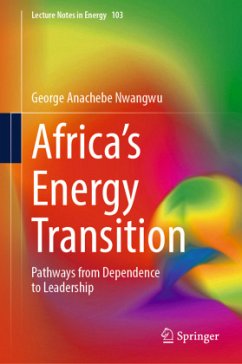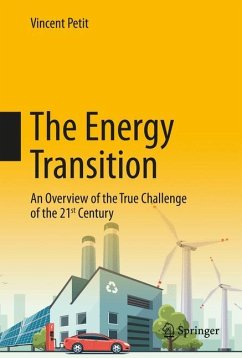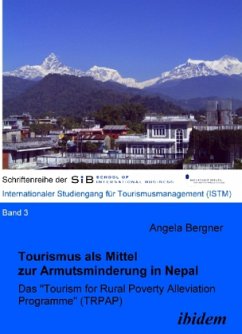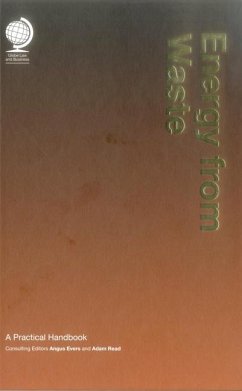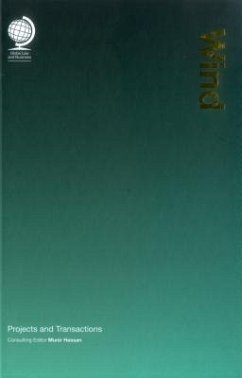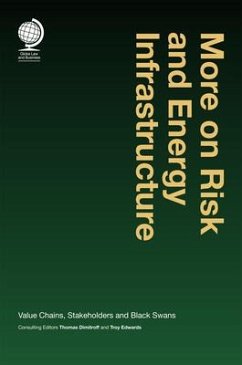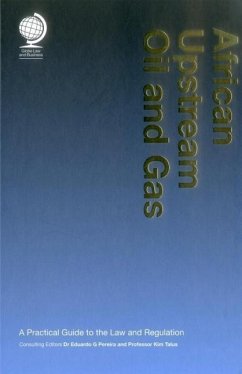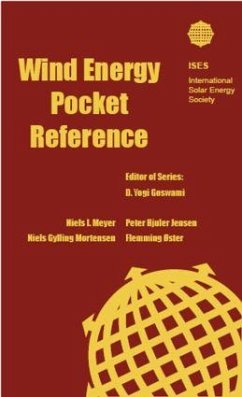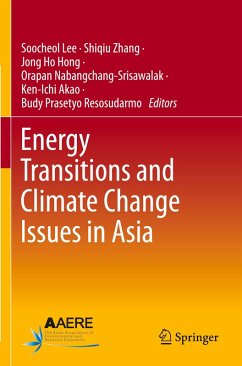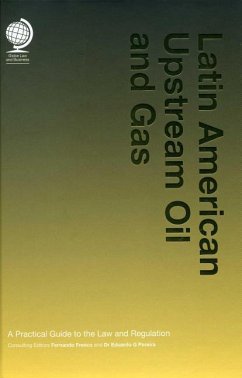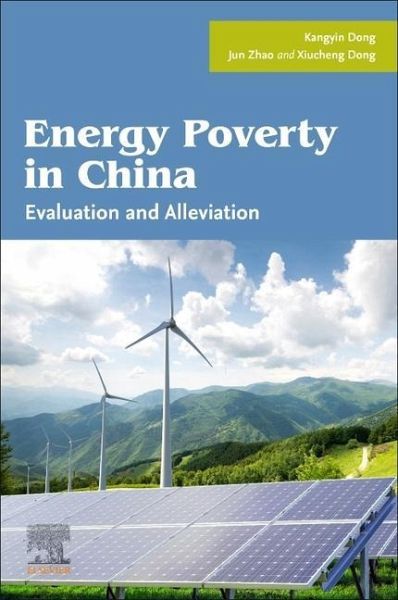
Energy Poverty in China
Evaluation and Alleviation

PAYBACK Punkte
57 °P sammeln!
Energy Poverty in China: Evaluation and Alleviation offers a thorough, methodological approach to energy poverty, which is a major obstacle in terms of the green or low-carbon transition of energy systems in China. The authors follow the framework of measurement, potential impact, and alleviation paths, supporting the design of effective energy and environmental policies for a globalized nation, especially considering the low-carbon transition of energy structures and energy poverty alleviation in the context of carbon neutrality.The book begins by providing an overview of energy poverty, expl...
Energy Poverty in China: Evaluation and Alleviation offers a thorough, methodological approach to energy poverty, which is a major obstacle in terms of the green or low-carbon transition of energy systems in China. The authors follow the framework of measurement, potential impact, and alleviation paths, supporting the design of effective energy and environmental policies for a globalized nation, especially considering the low-carbon transition of energy structures and energy poverty alleviation in the context of carbon neutrality.
The book begins by providing an overview of energy poverty, explaining the concept, summarizing the current situation globally and in China, and introducing the approach of the authors. The second chapter looks to build a comprehensive index system for the calculation of energy poverty in China. This is followed by three chapters that apply a range of methods to empirically assess the economic, environmental, and social effects of energy poverty. Individual chapters then explore specific alleviation paths, including digital economy, technological innovation, low-carbon energy transition, inclusive finance, and coal-to-gas/electricity policy.
This book is of interest to all those with an interest in energy poverty, energy and environmental policy, energy economics, carbon emission reduction, green growth, energy transition and renewable energy, including researchers, scientists, advanced students, engineers, R&D professionals, and policy makers or other experts at governmental or non-governmental organizations.
The book begins by providing an overview of energy poverty, explaining the concept, summarizing the current situation globally and in China, and introducing the approach of the authors. The second chapter looks to build a comprehensive index system for the calculation of energy poverty in China. This is followed by three chapters that apply a range of methods to empirically assess the economic, environmental, and social effects of energy poverty. Individual chapters then explore specific alleviation paths, including digital economy, technological innovation, low-carbon energy transition, inclusive finance, and coal-to-gas/electricity policy.
This book is of interest to all those with an interest in energy poverty, energy and environmental policy, energy economics, carbon emission reduction, green growth, energy transition and renewable energy, including researchers, scientists, advanced students, engineers, R&D professionals, and policy makers or other experts at governmental or non-governmental organizations.




